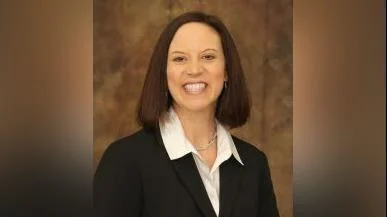Eroding support for a statewide property tax freeze backed by Gov. Bruce Rauner – even from some in his own party – kept senators from even considering the proposal during the fall veto session, according to an article on MyJournalCourier.com.
The proposed bill, Senate Bill 851, would establish a two-year property tax freeze for Cook, Lake, McHenry, Kane, DuPage and Will counties. The measure would allow those counties to increase property taxes only with voter approval.
All other counties would be subject to referendums asking whether a property tax freeze should be imposed for 2018 and 2019 or that all governments within a county jurisdiction be subject to a property tax freeze over that period and to the Property Tax Extension Limitation Law for levy year 2020 and the foreseeable future.

Thomas Garrette Jr.
Bryan Smith, executive director of the Township Officials of Illinois, had sent a legislative alert to township officials about SB851, asking them to urge their state lawmakers to oppose the measure.
Although Lyons Township has had its own property tax freeze for six years – and will again in 2018, Lyons Township Board member and Finance Chairman Thomas Garrette Jr. said he understands why the township officials organization raised concerns about the proposed freeze.
"Probably the biggest reason for other townships opposing this is that you can never recapture the revenue lost during a zero levy period," Garrette told West Cook News. This "admittedly can be devastating for long-term financial health if a government has been unable to hold sufficient reserves prior to zeroing (its) levy."
Garrette said he believes property taxes should remain a local issue so individual township boards can decide the matter. Those boards, he said, and the township system itself, perform a valuable service for citizens, "especially in rural areas or urban areas with blocks of unincorporated territory."
Some Republicans had characterized the proposed bill as “pandering” in the wake of a 32 percent hike in state income tax the legislature approved earlier this year, according to a report from Chicago’s CBS affiliate. Illinois households pay more than $8,000 annually in state and local taxes, ranking them No. 1 in the nation, according to the Illinois Policy Institute.






 Alerts Sign-up
Alerts Sign-up